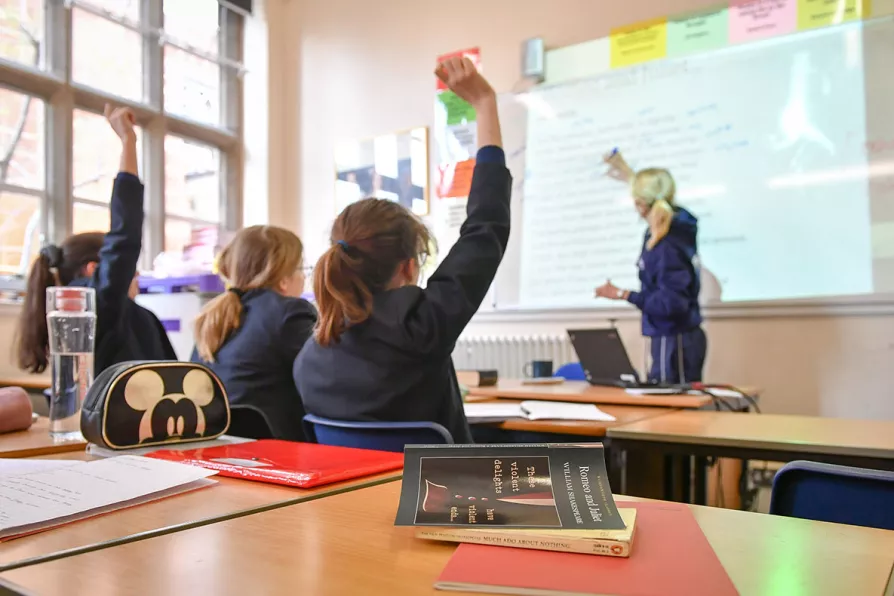POORER pupils’ maths education has not recovered from the setback it suffered during the Covid-19 pandemic, a report has found.
Secondary school pupils from low-income backgrounds in England have lost an average of four months of learning and primary school pupils have lost two, the analysis said.
The research, conducted by the Education Policy Institute (EPI) think tank and software firm Renaissance Learning, also found that the attainment gap in maths for disadvantaged primary school pupils remains wider than it was before the pandemic, having increased from 6.9 months to 8.7 months.


 Latest editorial
Latest editorial











